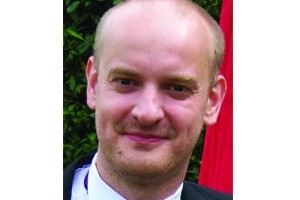Trade bodies' concern over proposed Government licence fees hike

As part of the consultation’s proposal, annual premises licenses will be subject to a universal cap, and no longer be ‘banded’ to a pub’s rateable value.
The consultation also proposes caps on a number of premises licence changes. The proposed fee to vary a premises licence to specify a designated premises supervisor (DPS) will be capped at £105 — a 357% rise on the current fee of £23.
Damaging
While welcoming that the Home Office had accepted the principle of a cap on local licensing fees, British Beer & Pub Association CEO Brigid Simmonds said the proposed limits are far too high.
She said: “A pub in band B — the most typical band — would currently pay £180 per year for their licence, yet the new cap proposed is £740.
“With such high caps, there is still a danger that cash-strapped councils will be tempted to hike up fees dramatically, damaging local pubs.”
Grim reading
The Association of Licensed Multiple Retailers’ strategic affairs director Kate Nicholls said proposed caps for applications to transfer or vary
a licence were a concern.
She said: “The headline figures for annual fees make grim reading, but the day-to-day fees pubs will have to pay to maintain their licences could be even more significant. Pubs that change their DPS on a regular basis will be hit extremely hard.”
Nicholls said the consultation’s proposal of charging higher fees for late-night licences would negatively affect late-night venues.
She said: “These venues will pay significantly more for their licence, and still face the threat of an early-morning restriction order or late-night levy, meaning they will effectively have to pay twice.”
The consultation runs until 10 April.





